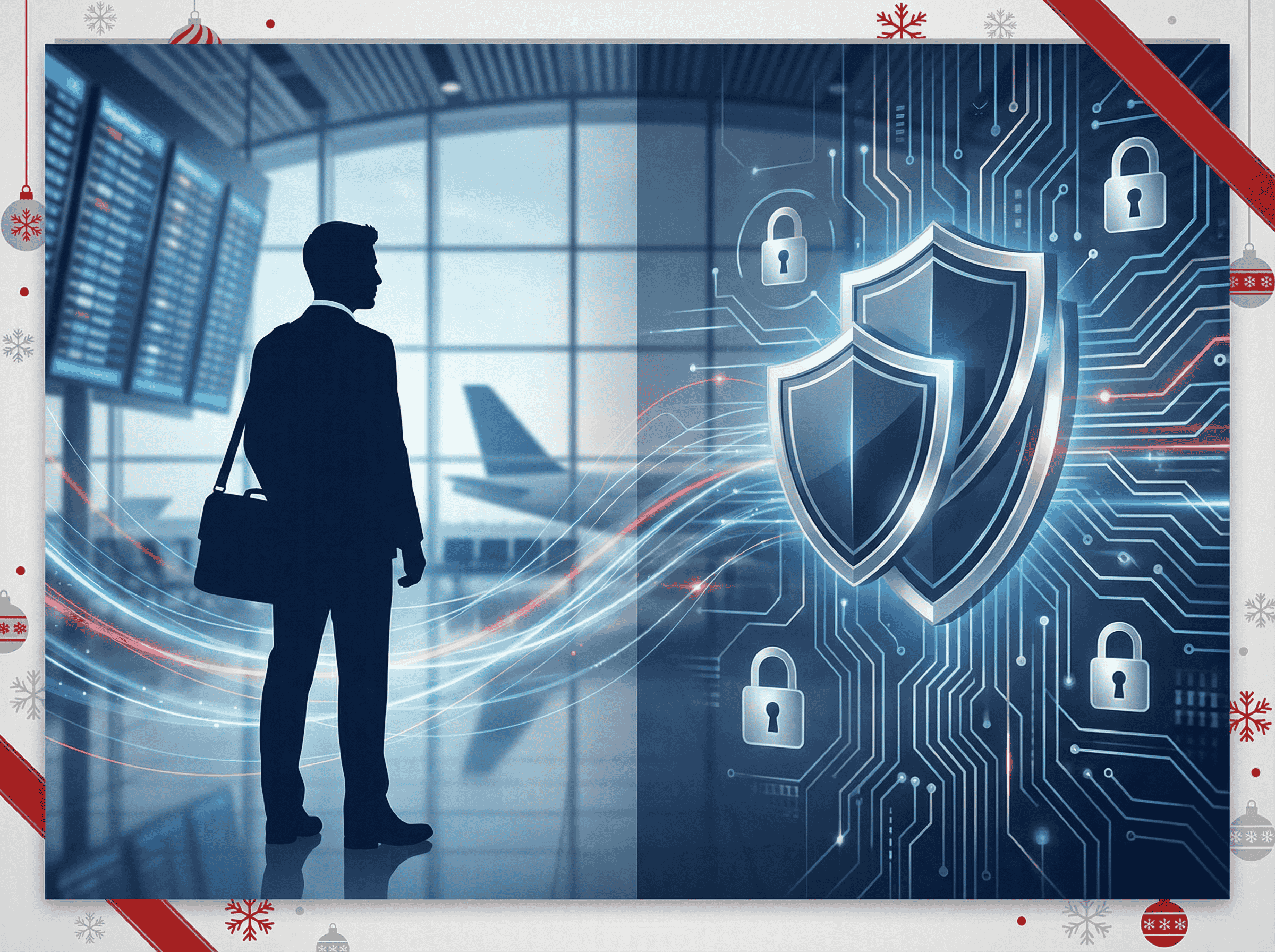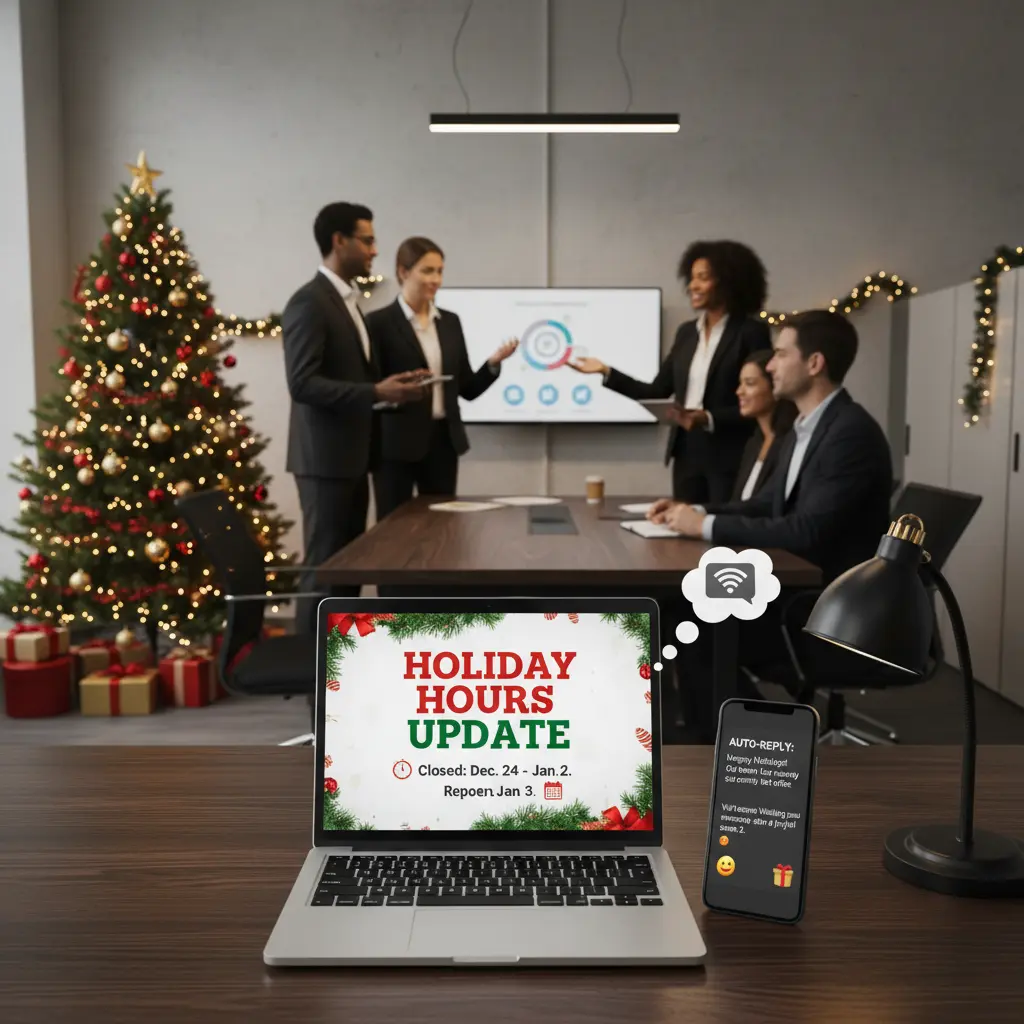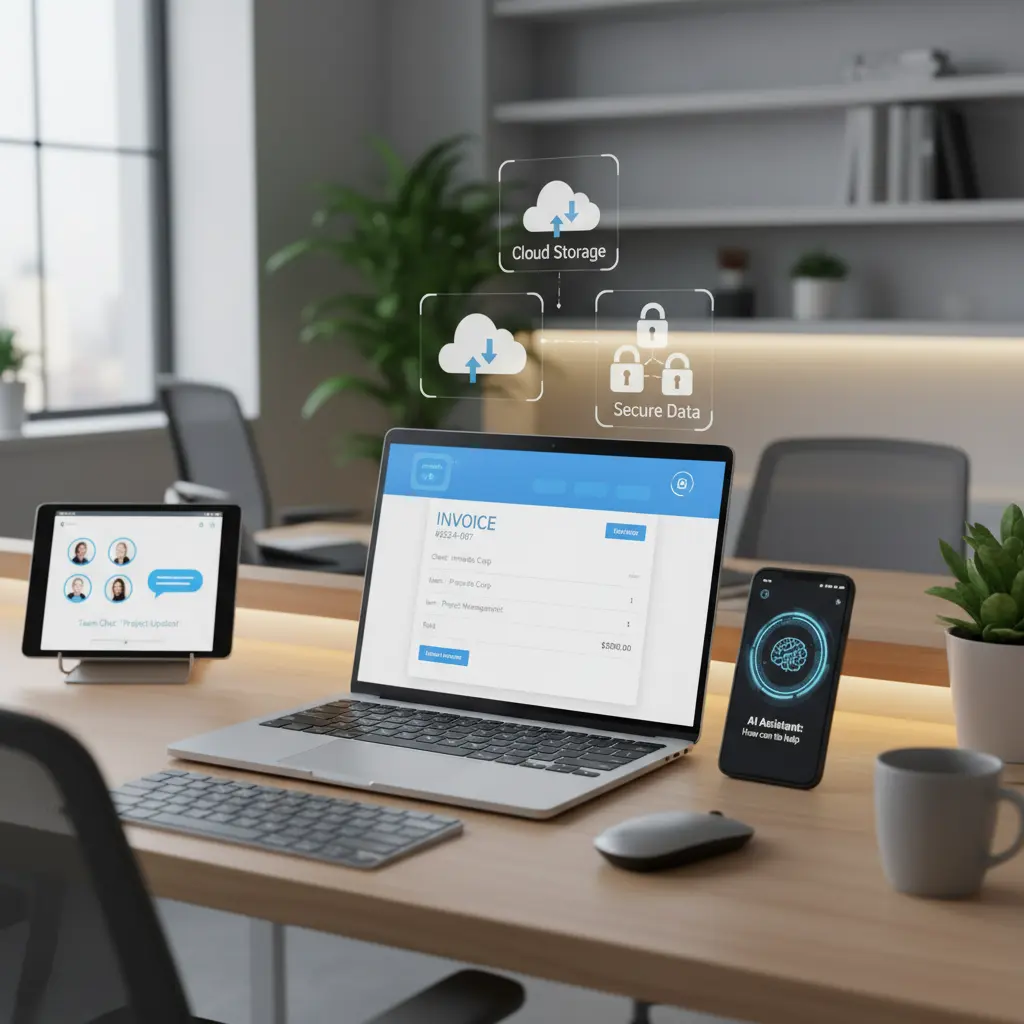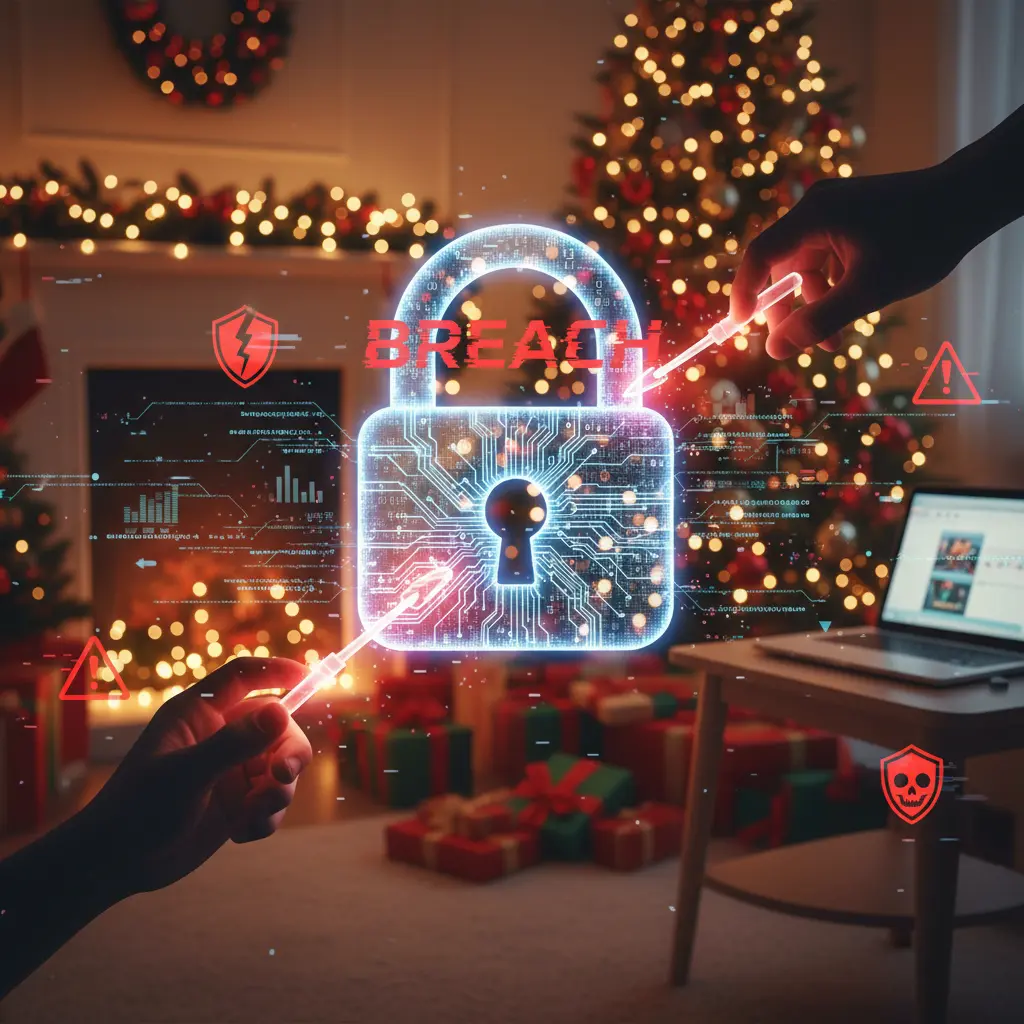November 10, 2025
Tech Wins That Actually Made Small Business Life Easier This Year
In 2026, several practical technology tools genuinely improved small business operations. Automatic invoice reminders through platforms like QuickBooks, FreshBooks and Xero reduced payment times from 45 to 28 days, easing cash-flow stress. AI tools such as ChatGPT, Claude, and Microsoft Copilot handled administrative tasks like drafting emails and job descriptions, saving owners valuable time while preserving human decision-making. Simple cybersecurity measures, including multifactor authentication and password managers, enhanced security while streamlining logins. Cloud tools enabled true mobility, allowing business owners to access documents and close deals from anywhere. Communication platforms like Slack and Microsoft Teams reduced email clutter and facilitated quicker team collaboration. These tools succeeded because they solved real daily problems rather than adding complexity, proving that the best tech isn't the flashiest—it's the stuff that quietly saves time, protects businesses, and keeps people happy.
Explore.png)
.png)
.png)
.png)
.png)

.jpg)




